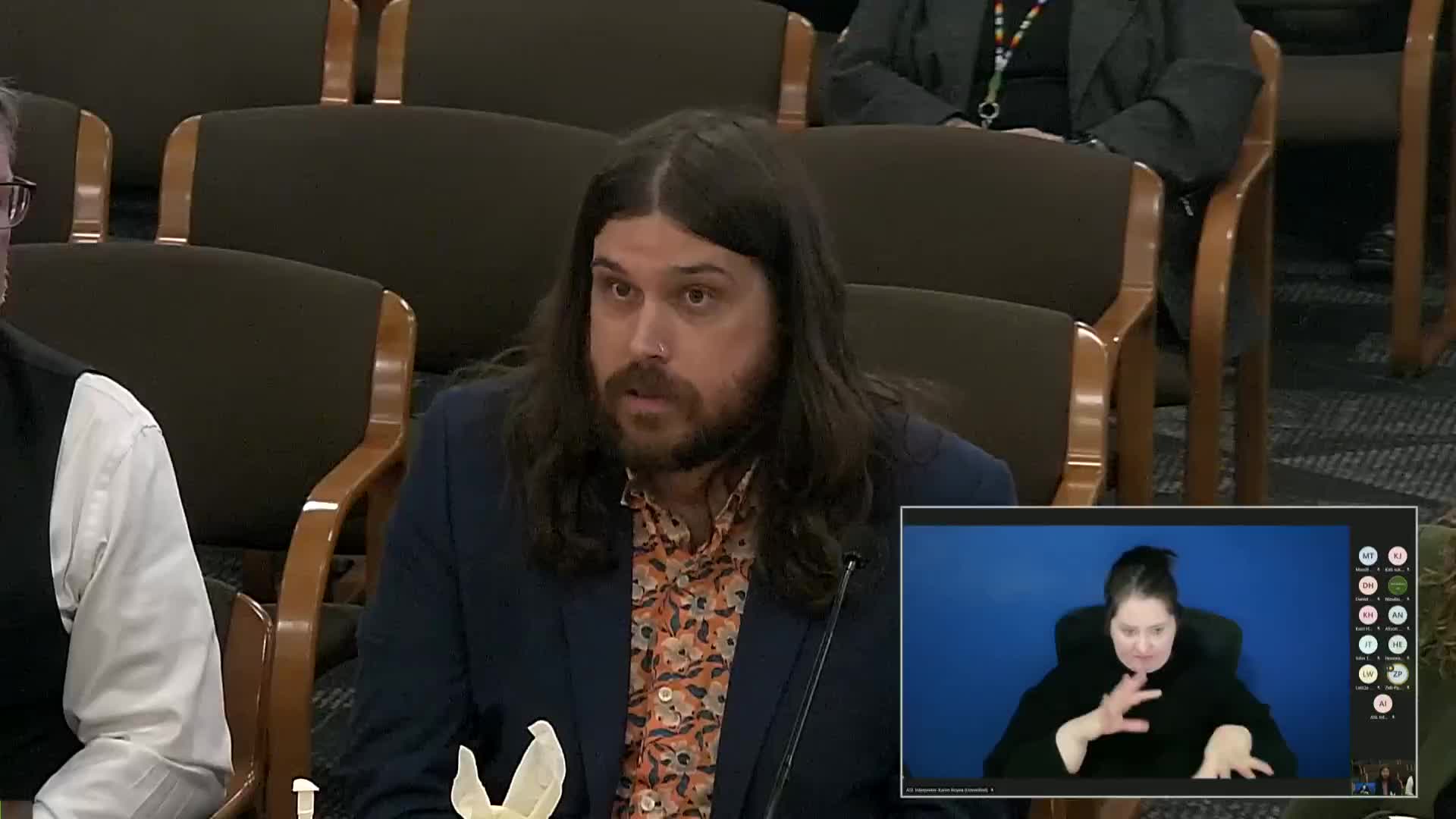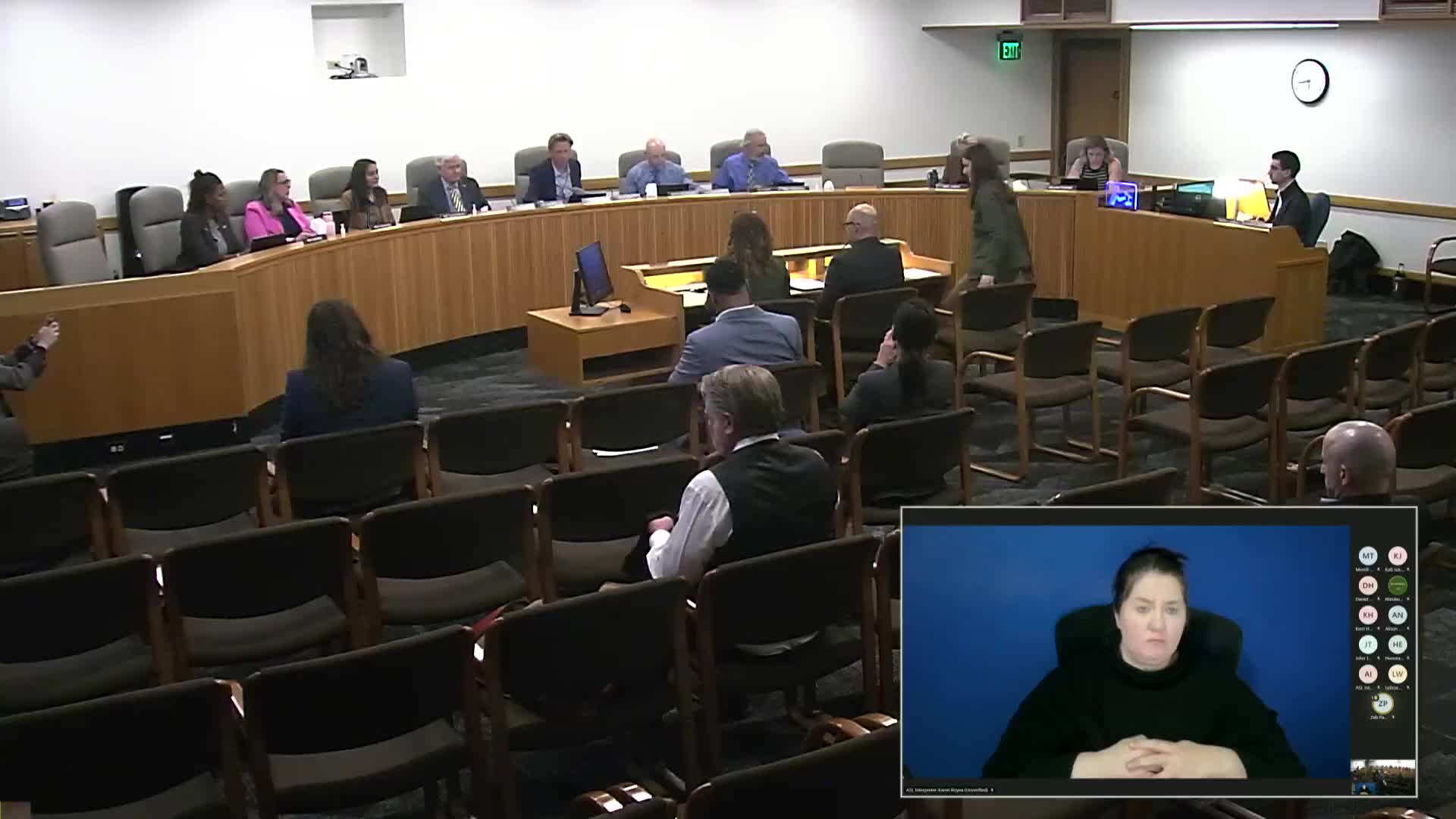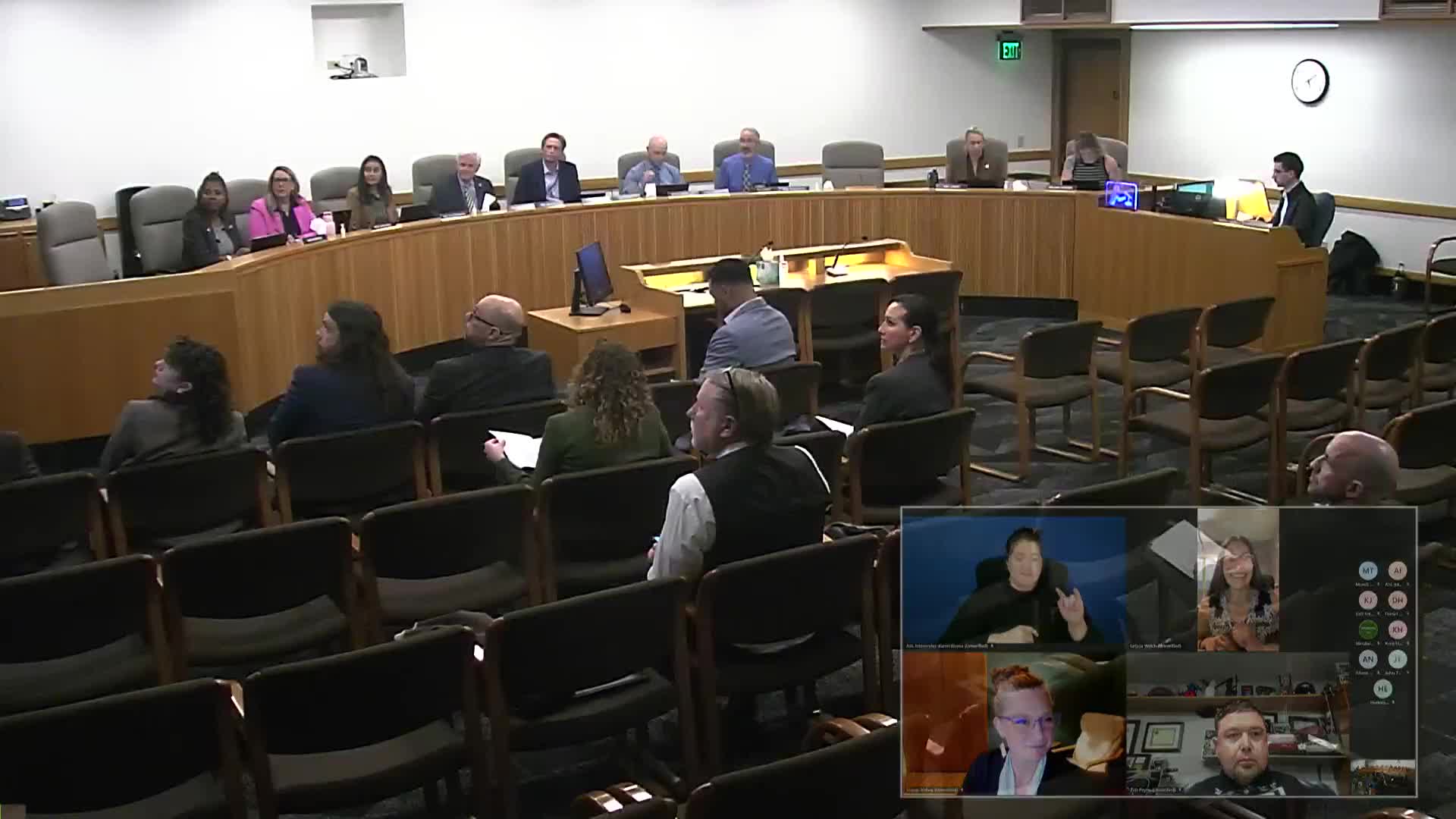Article not found
This article is no longer available. But don't worry—we've gathered other articles that discuss the same topic.

Lawmakers hear testimony urging state action to expand access to medications for opioid use disorder

House Bill 2929 would expand and strengthen Alcohol and Drug Policy Commission, supporters say

